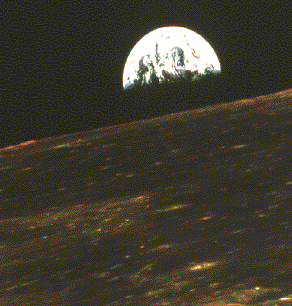
The Dominant Animal: Chapter 8, History as Cultural Evolution.
an on line guide
Lewis Thomas, Thinking like a Planet, The Lives of the Cell.
Chapters
Eight
"The forces that shape us are thus, in part, of our own making."
• population growth, 1810-2012.
wellsprings of cultural transitions -- Mid east, China, Rome
“Only human beings have evolved a sense of history, and a sense that history matters."
"History…is the principle record of human cultural evolution and how our species became a force of nature."
p. 158.
" We bring to history the preconceptions of our personalities and of our age [era or generation]?
"...can help both to inform the present, and to construct a better future.”
p. 171
Outline
History as cultural transmission across generations:
"As we said, human beings have evolved the capacity to carry culture across generations to an unprecedented degree, and the forces that shape us re thus, in part, of our own making. The paradox is that cultural stickiness, that 'carrying forward by individuals and groups, seems to be highly beneficial, at least over certain periods, whereas at other times cultural continuity can lead to disaster."
pp. 168-170
- Origins of history
- Standards of history
- Paradox of culture
Cultural continuity can be good but also lead to disaster
p. 168
Cultural stickiness (social lag or cultural drag)
persistent reinforcement of actions, in spite of their consequences
"The paradox is that cultural stickiness, that carrying forward' by individuals and groups, seems to be highly beneficial, at least over certain periods, whereas at other times cultural continuity, can lead to disaster."
p. 168
+ impact --as adaptive-- "think of public health technology"
Overuse of antibiotics threatening to make them useless, or ...farming and grazing leading to a catastrophic loss of biodiversity. "
"One can see the paradox clearly on short time scales in times of cultural stress."
"...the cultural stickiness of anti-Semitism."
pp. 168
“failure to change in response to an altered environment”
p. 170
“Consideration of any significant aspect of history shows that numerous levels of analysis are usually necessary to get a reasonable grasp of causes and consequences.”
“how our non-genetic information has interacted with diverse social and biophysical environments to make us lords of Earth.”
P. 171.
· The fit of leaders to the challenges of their times
· The tensions among competing social norms
· Strategic vision to afford tactical flexibility
· Resource bottlenecks
P. 171.
"Nonetheless there are broad evolutionary patterns in humanity's non-genetic information just as there are in its genetic information."
p. 171
| non-genetic | genetic | |
|---|---|---|
| culture | farming | crop yield |
| society | literate | gender divisions |
| behavior | music & dance | shivering, sweating |
Population and behaviour of societies drive historical change, but as agriculture, technological elaboration and an accumulation of wealth occurs these emerging cultural elements shape the way historical change happens to influence people and impact the environment.
Capacity is often hard to see because reality masks the clues.

